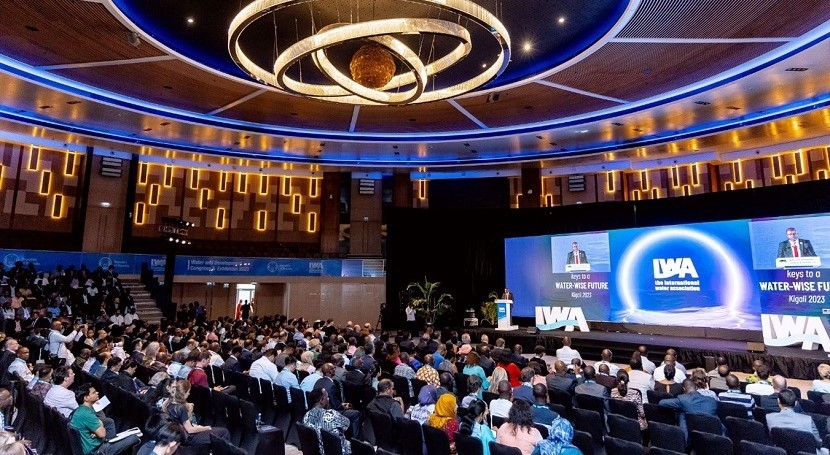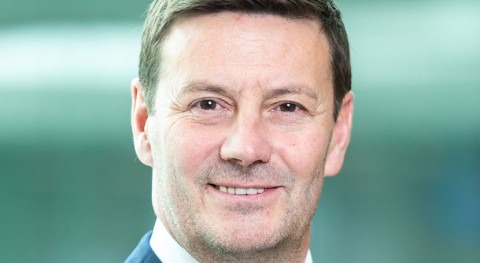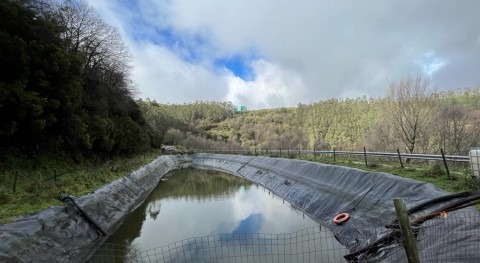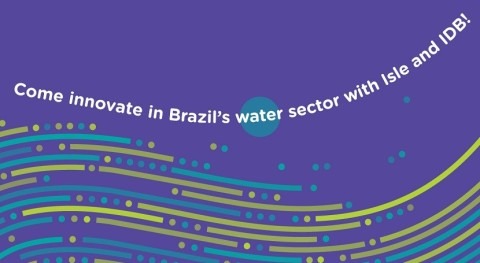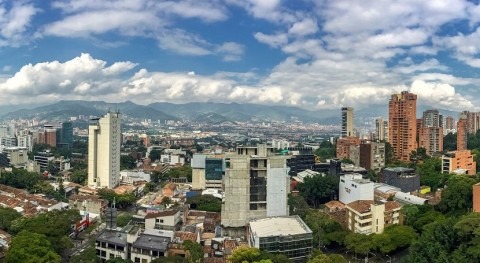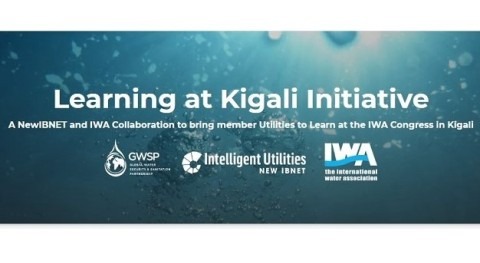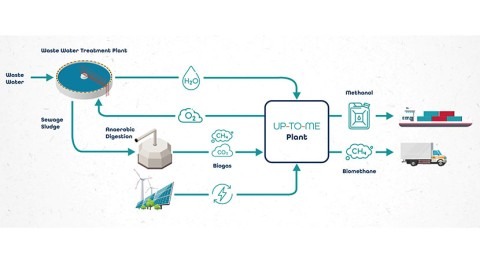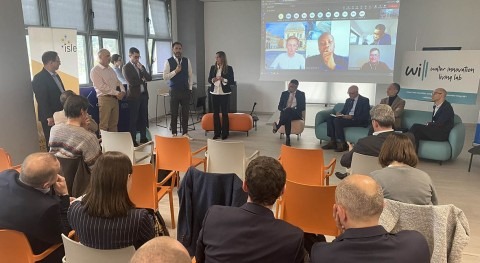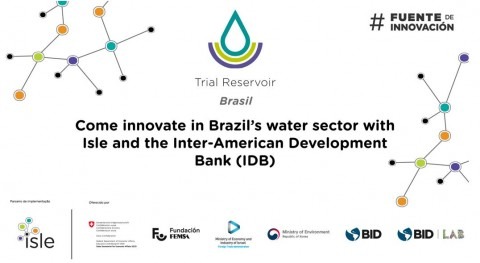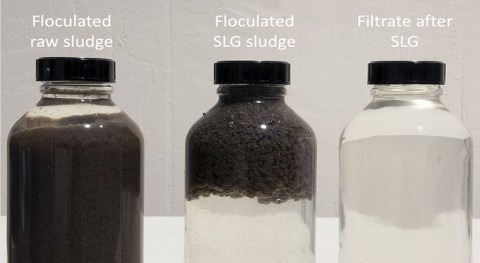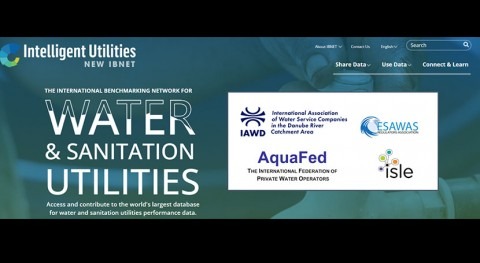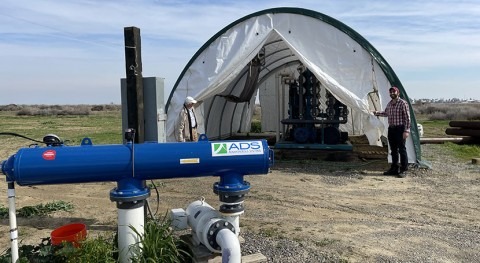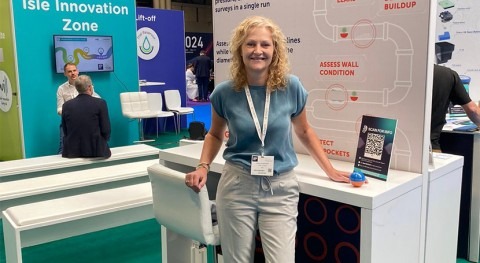The International Water Association (IWA) holds two flagship events, one of which is the bi-annual Water Development Conference and Exhibition. The most recent conference was held last week in Kigali, the capital of Rwanda, and brought together around 3,000 delegates from 85 countries, with an impressive participation from delegates from African countries.
One of the highlights of the program was the workshop on “Water Security: Assessment at different scales and in different dimensions” organised by Professor Blanca Antizar from Isle Utilities and Professor Jan Hofman from the Water Innovation and Research Centre at the University of Bath.
Water security is a multi-dimensional policy concept that covers areas including water for people and their health and wellbeing, water for ecosystems, water for economic development and food production, and water and climate hazards. It is a concept that has evolved over time and was developed by the United Nations and other global organisations in the 1990s. Achieving water security is a key foundation to establish a water-wise society that recognises the true value of water and delivers the Sustainable Development Goals (SDGs). Water security therefore goes beyond water supply and sanitation.
We need to focus on the development of bankable, efficient, appropriate and responsible projects to move forward towards a water secure and sustainable future (Blanca Antizar)
The goal of this Water Security workshop was to create further awareness of water security, and provide an adequate environment to discuss the interlinkages, complexities and frameworks for the assessment of water security as well as the role that innovation can play to address the most emerging associated needs.
The panel, moderated by Jan Hofman, included:
- Juliana Marçal, PhD student at the University of Bath, and the WISE Centre for Doctoral Training spoke about water security assessment in urban areas and the influence of inequality and,
- Sam Drabble highlighted the work Water and Sanitation for the Urban Poor (WSUP) with water utilities and how to improve their operations,
- Blanca Antizar of Isle Utilities showed the importance of innovation and the tolls that her company has developed to enable innovation,
- Marco Agüero explained how the World Bank can enable water security projects with their funding and financial instruments,
- Kizito Masinde emphasised the need for a new paradigm that changes the perspective to think about the productive use of water.

A special role was given to the IWA Grundfos Young Water Professionals Dr Sudipti Arora and Dr Anique Azam to act as rapporteurs and reflect of the discussion from their perspective. The concept of Water Security is particularly important for next generations and required as a foundation to deliver the Sustainable Development Goals.
During the Water Security workshop, Professor Blanca Antizar emphasized that water security is a global problem, and that in many low- and middle-income countries, social integration and the provision of services in neighbourhoods, rural areas, peri-urban areas, and informal settlements are some of the great challenges to address water security. She suggested that innovation should be considered from the beginning and to consider aspects of inclusion, the appropriate uses of technologies, need for education at all levels, better governance and accountability, application of innovative business models that take into account a circular economy and allow us to adopt green solutions, digital solutions and the water requirements to sustain data centres, the application of different institutional models that facilitate economic decisions in investments, and efficiency in operations so that start-ups can be integrated in an appropriate way.
The session mentioned the existence of utility improvement frameworks such as the Utility Performance Framework of WSUP or the Utility of the Future Framework of the World Bank, as well as the new International Benchmarking Network or IBNET of the World Bank. These frameworks have been developed for the utilities to improve their performance and achieve maturity and are available for them to be used. Professor Antizar called out the utilities in the venue to engage with the existing frameworks and to use them, so they could capitalise from the time and effort to develop them and join the existing networks and/or create new ones to share best practice and knowledge.
By the UN definition, water security goes beyond water supply and sanitation. Professor Hofman highlighted that while the focus has been on meeting the Sustainable Development Goals by 2030, we should see this as a milestone, and not as an end-point objective. It is important to focus on water and sanitation solutions that support sustainability beyond the SDGs. It is tempting to apply quick wins that result in achieving the SDGs, but could hinder long term sustainability. The conclusion of the Water Security workshop was that all elements discussed are important to deliver water security.
Assessments are the starting point for utilities (and other stakeholders) to set their priorities for operations and include new innovations. Innovation and operational improvement can be achieved via bankable projects and scaling up financing through improving financial viability, mobilisation of technical capacity, tailored to the context of different countries. The International Water Association can play a crucial role in dissemination of knowledge and expertise via their flagship conferences, but also by developing and offering tools to the international water community.
Both, Professors Antizar and Hofman highlighted that are looking forward to continuing their work on Water Security, and welcome everyone in the venue to join forces with them.


